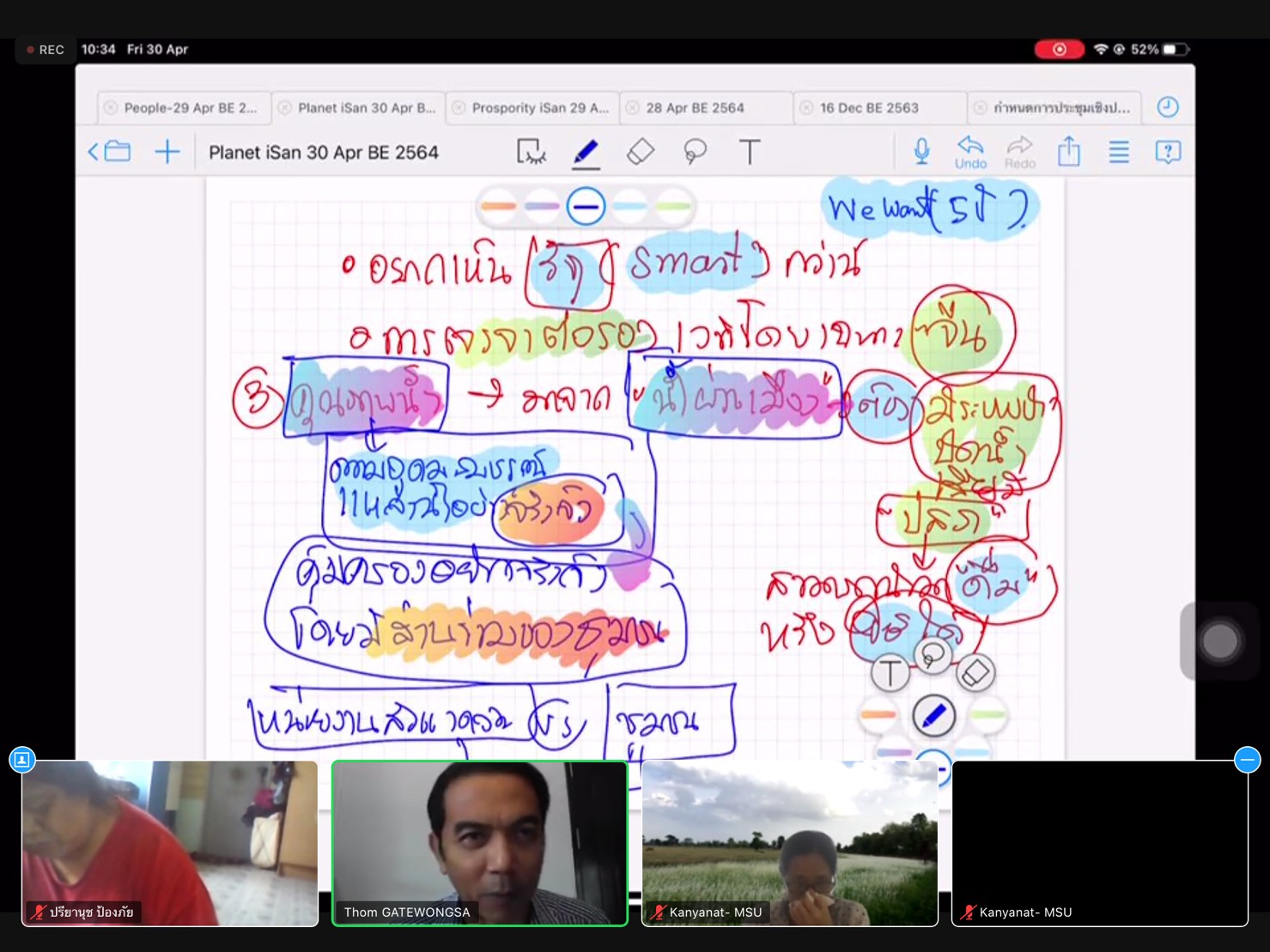

Local researchers are the most important actors in the implementation of this project.
The project involved experienced researchers and professors based in 8 universities which were organized in 6 regional teams in the North, Northeast, Central, East, South, and Deep South.
Although they come from various disciplines, most of their research interests are focused on development, at the local, provincial, and regional levels. They have insights on local problems, social capital and close connections with different stakeholders in the region. They came into this project with expertise covering some issues within the localization and implementation of the SDGs, and curiosity to learn more and utilize the Global Goals for promoting their local agenda.
1. A clear contract and financial support. TSRI financed the project to SDG Move. SDG Move did a contract with the regional team and allocated the financial resource to them based on the number of provinces they have to cover.
2. A clear objective and action plan, which was drawn, executed, and coordinated by SDG Move.
3. Online conferencing and shared online questionnaires on the paid platforms were provided to the regional teams.
The involvement of local researchers ensured that essential stakeholders and people were included in the study and that culturally appropriate methods and resources were employed. In areas of conflict, such as the Deep South, established social capital between local researchers and local stakeholders were crucial. Local perspectives were key in interpreting research findings and considering the local context in which data was collected.
COVID-19 and related measures were the main obstacles in the implementation of the consultation process. Nevertheless, local researchers and stakeholders quickly adjusted to the pandemic situation and participated in online consultation processes. After the first period of adjustment, the online consultation process became more inclusive since stakeholders from anywhere can participate at a relatively low cost. However, with this method, some stakeholders were excluded from the process due to the lack of digital literacy, infrastructure, and resources.